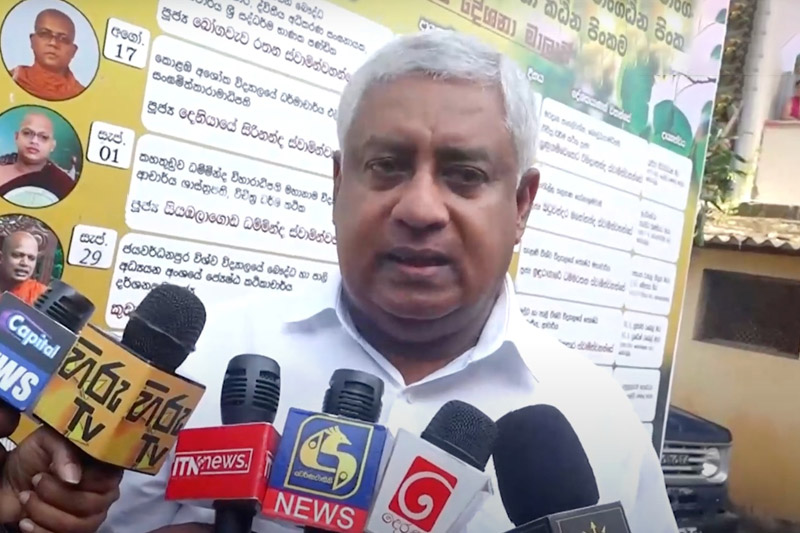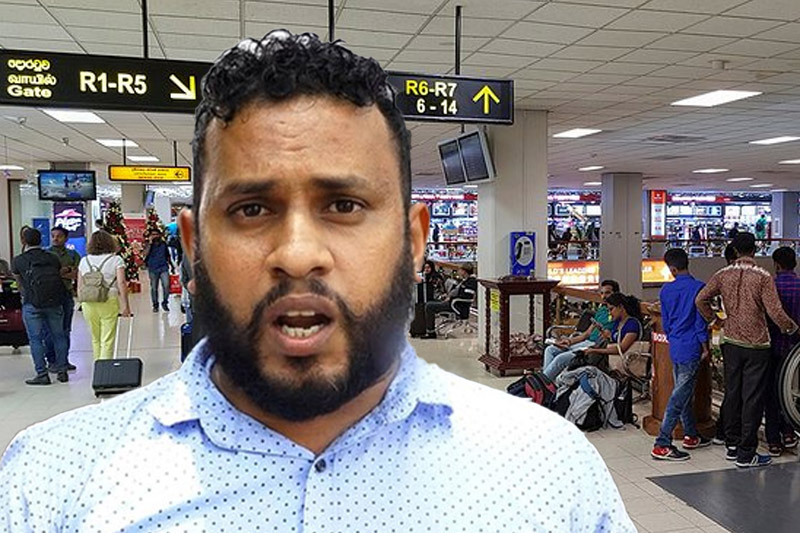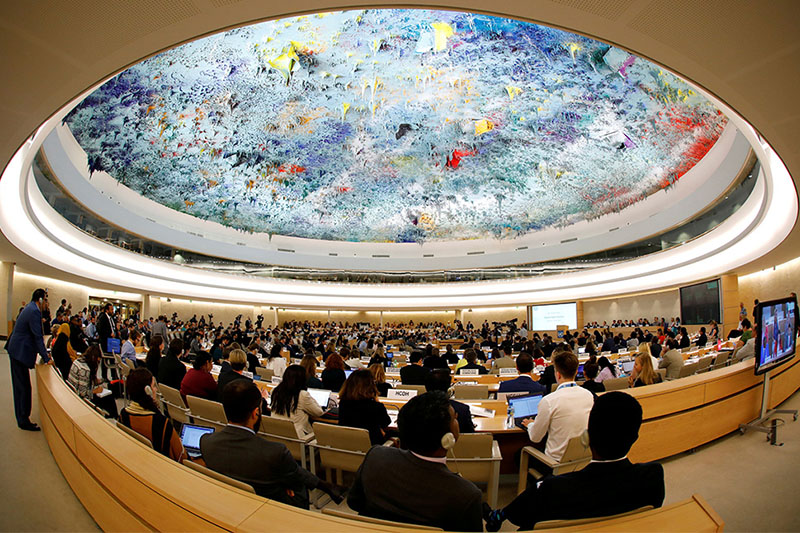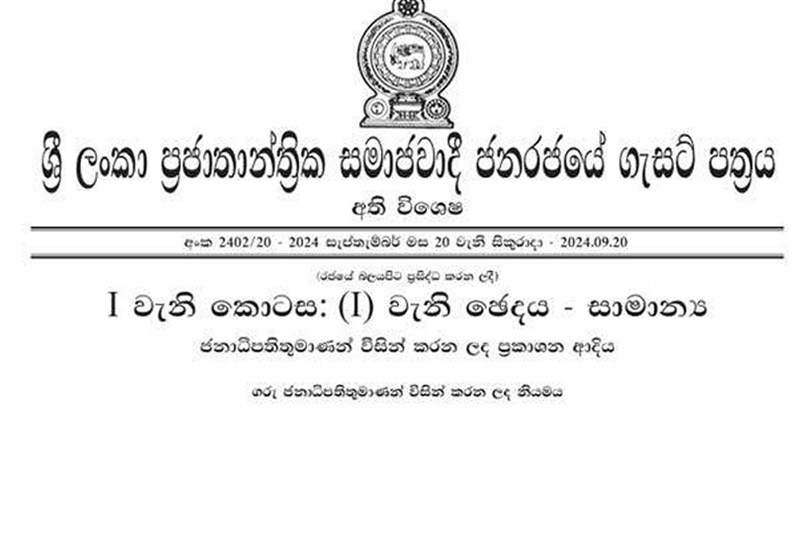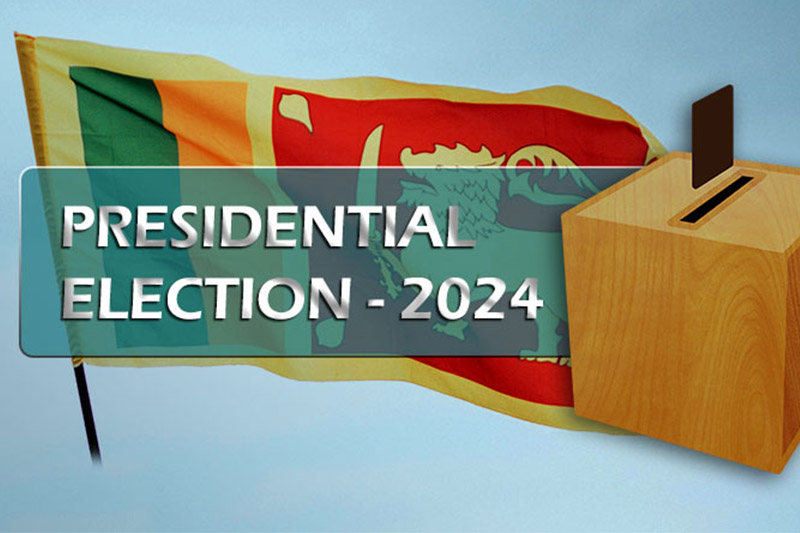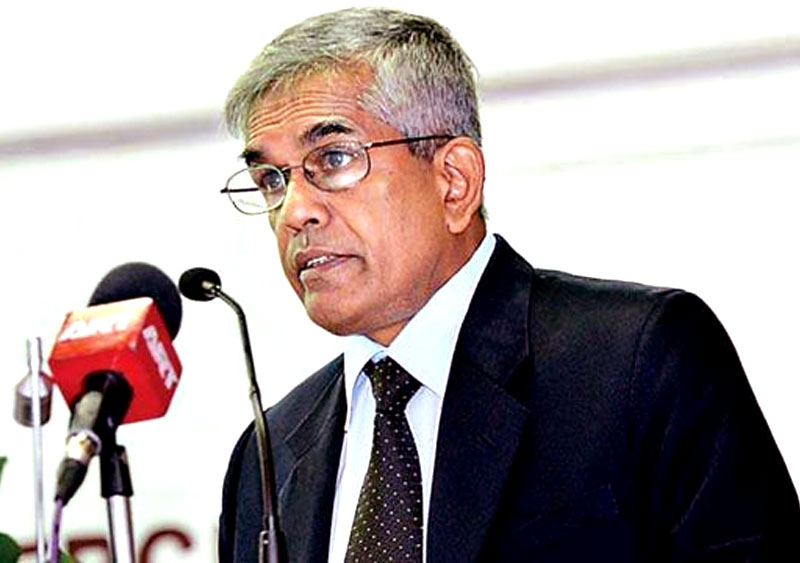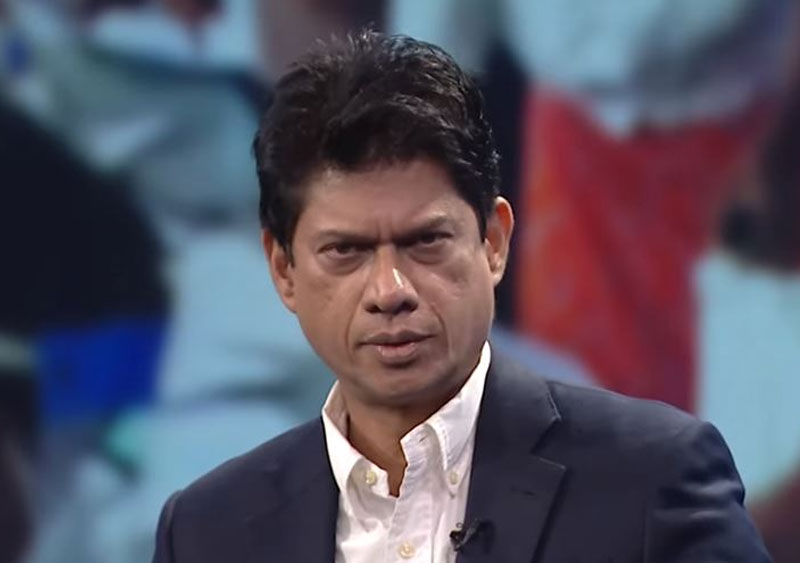The World Bank says Sri Lanka’s heightened fiscal, external and financial sector imbalances and its fluid political situation pose significant uncertainty for the country’s economic outlook.
In its twice-a-year update, the WB underscored the need to address the root causes of the country’s economic crisis and build a strong and resilient economy to prevent future crises.
Sri Lanka Development Update (SLDU) titled ‘Time to Reset’ was released this week. It projected the country’s economy to contract by 4.3 percent in 2023, as demand continues to be subdued, job and income losses intensify and supply-side constraints adversely affect production.
“The economic crisis in Sri Lanka has had deep impacts with over half a million jobs lost and 2.7 million additional people falling into poverty between 2021 and 2022,” said WB Country Director for the Maldives, Nepal and Sri Lanka Faris H. Hadad-Zervos.
“The prolonged recovery from the scarring effects of this crisis in addition to a slow debt restructuring process, limited external financing support and an uncertain global environment pose significant risks to the country’s economic growth.”
SLDU said the economy would continue to face significant challenges in 2023 and beyond.
A lower-level external trade equilibrium could have contagion effects on domestic trade, economic activity, jobs and incomes.
Combined with adverse effects from revenue-mobilisation efforts, which are essential for regaining fiscal sustainability, poverty projections could worsen, it warned.
It also stressed that the country’s financial sector needs to be managed carefully, given rising non-preforming loans and large public sector exposures.













